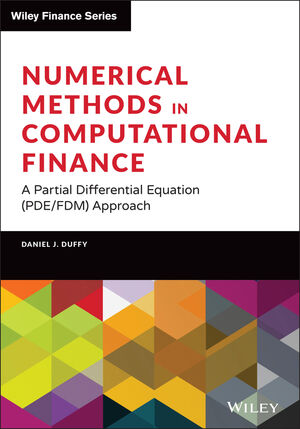- Joined
- 12/13/22
- Messages
- 135
- Points
- 38
I'm looking for insight on how beneficial taking additional advanced math classes is for MFE applications. By the end of next semester I will have all of the basic prerequisites done, beyond that, my degree requires PDE and numerical analysis. I have enough time and room on my schedule to take some real analysis (and potentially measure theory depending on how that goes).
My main concern is that taking these classes will force me to spend most if not all of my time studying rather than on interview prep and extracurriculars.
Do you think that the benefits of taking more math exceeds the opportunity cost?
My main concern is that taking these classes will force me to spend most if not all of my time studying rather than on interview prep and extracurriculars.
Do you think that the benefits of taking more math exceeds the opportunity cost?

